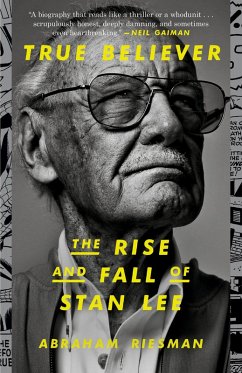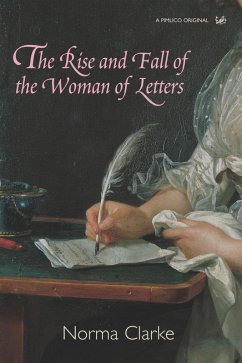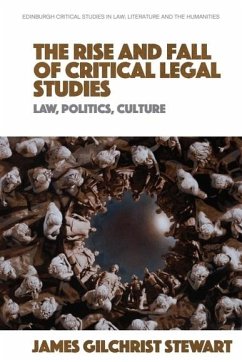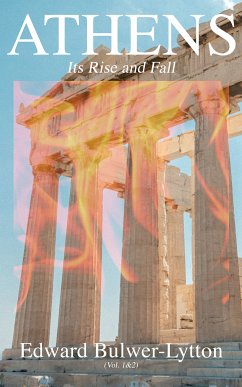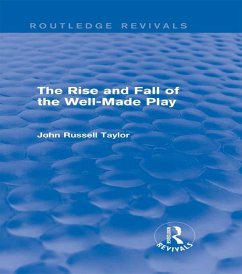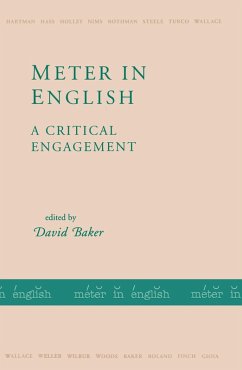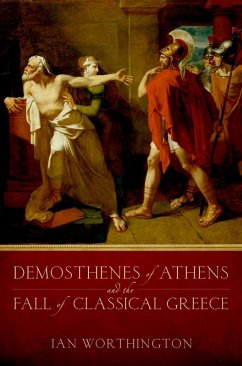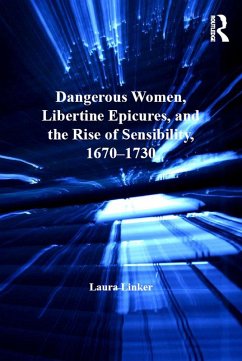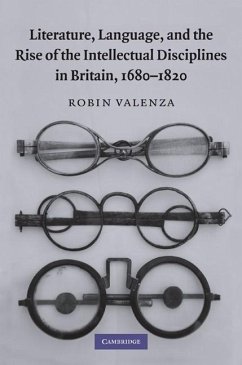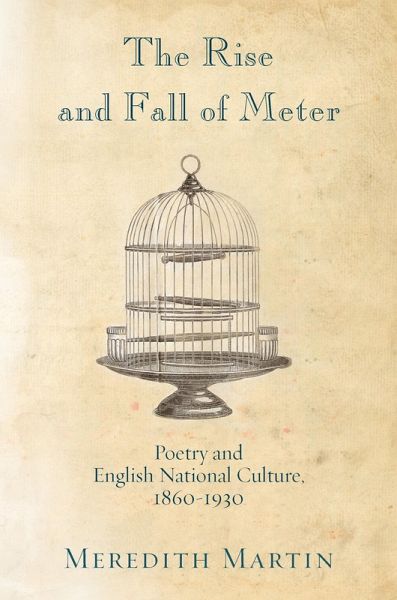
Rise and Fall of Meter (eBook, ePUB)
Poetry and English National Culture, 1860--1930
Versandkostenfrei!
Sofort per Download lieferbar
30,95 €
inkl. MwSt.
Weitere Ausgaben:

PAYBACK Punkte
15 °P sammeln!
Why do we often teach English poetic meter by the Greek terms iamb and trochee? How is our understanding of English meter influenced by the history of England's sense of itself in the nineteenth century? Not an old-fashioned approach to poetry, but a dynamic, contested, and inherently nontraditional field, "English meter" concerned issues of personal and national identity, class, education, patriotism, militarism, and the development of English literature as a discipline. The Rise and Fall of Meter tells the unknown story of English meter from the late eighteenth century until just after World...
Why do we often teach English poetic meter by the Greek terms iamb and trochee? How is our understanding of English meter influenced by the history of England's sense of itself in the nineteenth century? Not an old-fashioned approach to poetry, but a dynamic, contested, and inherently nontraditional field, "English meter" concerned issues of personal and national identity, class, education, patriotism, militarism, and the development of English literature as a discipline. The Rise and Fall of Meter tells the unknown story of English meter from the late eighteenth century until just after World War I. Uncovering a vast and unexplored archive in the history of poetics, Meredith Martin shows that the history of prosody is tied to the ways Victorian England argued about its national identity. Gerard Manley Hopkins, Coventry Patmore, and Robert Bridges used meter to negotiate their relationship to England and the English language; George Saintsbury, Matthew Arnold, and Henry Newbolt worried about the rise of one metrical model among multiple competitors. The pressure to conform to a stable model, however, produced reactionary misunderstandings of English meter and the culture it stood for. This unstable relationship to poetic form influenced the prose and poems of Robert Graves, Siegfried Sassoon, Wilfred Owen, W. B. Yeats, Ezra Pound, and Alice Meynell. A significant intervention in literary history, this book argues that our contemporary understanding of the rise of modernist poetic form was crucially bound to narratives of English national culture.




